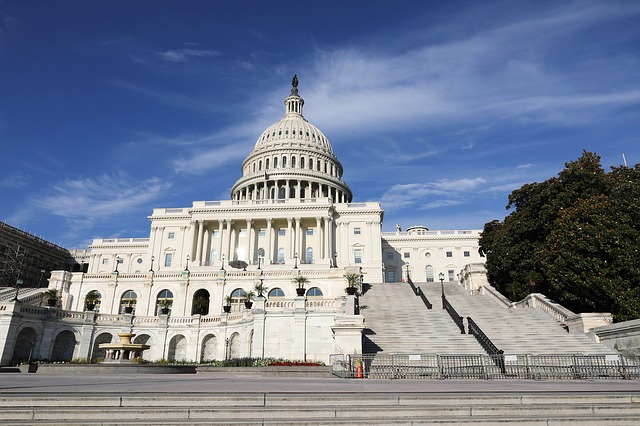 PR may be the new lobbying. Public relations jobs in Washington, D.C., have mushroomed.
PR may be the new lobbying. Public relations jobs in Washington, D.C., have mushroomed.
The number of public relations jobs in Washington has increased by 325 percent in the last 17 years, compared to 58 percent nationwide, according to an analysis by PRUnderground, an online news release distribution service. Maryland saw a 257 percent increase in PR jobs, the next highest increase, no doubt assisted by its proximity to Washington.
In 1999, there were more than twice as many lobbyists as PR professionals in Washington D.C. Now, there are twice as many PR pros as lobbyists. The capital now has the highest concentration of PR jobs.
Nine of the 10 largest PR companies in the world have offices in the city. Almost all have public affairs divisions that refer to Capitol Hill on their websites. Meanwhile, the number of federal lobbyists has seen a downward trend, according to data from the Center for Responsive Politics,
PR wages in Washington D.C., especially wages for PR managers, have increased much faster than the national industry average for PR wages. PR specialists now earn more pay on average in the Washington D.C. metro area than other locations, except San Francisco and San Jose, CA.
Wage increases for PR specialists in the capital have also outpaced wage increases for other professionals. In 1999, PR managers were paid significantly lower than financial managers, computer and IT managers, or general and operations managers. PR managers are now among the top 10 of the highest-paying professions in Washington D.C., earning more than finance and IT counterparts there.
Appreciating the Benefits of Public Relations
A shift in communications strategy is driving the employment shift from lobbying to PR. Industry observers say trade associations and other business groups have learned to appreciate the benefits of PR. They now realize that PR can sway public opinion. Rather than just trying to reach a congressman’s ear, they ask PR pros to reach both legislators and their constituents. They value PR pros with skills in social media, media monitoring and measurement, experience.
“This is not your father’s lobbying anymore,” Ivan Adler, a principal at McCormick Group told The Hill. “It’s a whole different ballgame. They’re looking to reach other audiences besides lawmakers, and that’s what public affairs is about,” he said.
“Companies and trade organizations are going straight to the public through big TV campaigns and online campaigns, versus just focusing on influencing legislators through lobbying firms,” Brian Scully, owner of PRUnderground, told the Washington news outlet WTOP. By advertising and marketing in the capital, companies can reach both legislative influencers and the general public.
Some lobbying firms have brought PR capabilities in-house by merging with PR firms or hiring PR pros to deliver a “one-stop shopping” experience. The trend has blurred the lines between PR and lobbying.
There’s one advantage to keeping PR separate: Traditional lobbying firms are required to file a separate registration for each client. There is no such requirement for PR firms that do not directly lobby legislators.
Bottom Line: Jobs for PR specialists in Washington, D.C., have exploded in recent years as business groups shift resources from traditional lobbying to public relations. While companies have not abandoned direct lobbying, they now realize that grassroots PR campaigns can influence legislators’ decisions. The trend has changed the nature of lobbying.
William J. Comcowich founded and served as CEO of CyberAlert LLC, the predecessor of Glean.info. He is currently serving as Interim CEO and member of the Board of Directors. Glean.info provides customized media monitoring, media measurement and analytics solutions across all types of traditional and social media.




